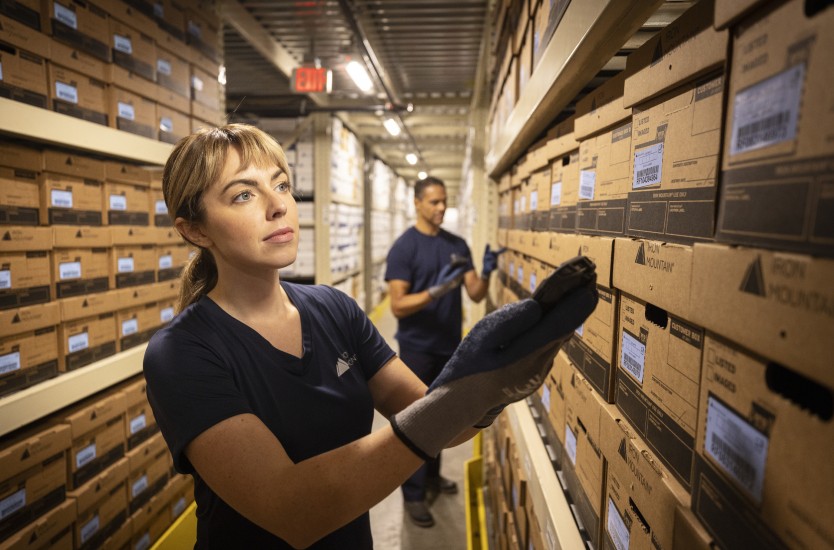E-waste has a sustainable future with reuse
A prevailing uncertainty about the reuse or recycling of electronic devices is around the issue of data security. Devices may contain sensitive data. Stolen data can have two victims: the person whose data was stolen and the company whose reputation is harmed by not making sure data was securely wiped before disposing of the assets.

Electronic devices are a part of everyday life. Innovation and cost reduction have dramatically increased our reliance on them. The many benefits have a flipside. E-waste is now the fastest growing waste stream in the world (United Nations report, December 20171). Yet business and consumers remain uncertain as to how to address the issue and meet the changing demands of legislation, technology and the needs of a troubled planet.
The three Rs of the waste hierarchy, reduce, reuse and recycle, provide a simple and clear guide for environmentally responsible actions to deal with e-waste.
Looking at this issue through the lens of the waste hierarchy, our digital dependence limits the appetite for reduction. However, we can look at the value chain for electronic goods and prioritise ways to reuse and recycle. This would dramatically decrease e-waste and have a positive impact on the environment.
Reuse is possible at two levels. An item can be repaired or updated, or harvested for its many valuable materials. The value of some of the materials is staggering. There is 100 times more gold in a ton of mobile phones than in a ton of gold ore. An added environmental plus is that harvesting from used electronic goods produces substantially less carbon-dioxide than mining (United Nations report, December 20171).
A prevailing uncertainty about the reuse or recycling of electronic devices is around the issue of data security. Devices may contain sensitive data. This can include credit cards numbers, financial data, account information and transaction records; information that is valuable to cyber-criminals and hackers. Stolen data can have two victims: the person whose data was stolen and the company whose reputation is harmed by not making sure data was securely wiped before disposing of the assets.
Secure IT asset disposition (SITAD) is a major consideration. Gary Diamond, CEO of Quantum Lifecycle Partners notes, “When a data-bearing asset is taken to a certified, reputable recycler for reuse, there are zero problems with security. The problem comes with not understanding the process of how to do this properly or in selecting an appropriate recycler.”
He adds that SITAD covers a checklist from delivery to the vendor through to final disposal of any remaining components from the reuse or recycling process. The recycler needs to be certified to at least a R2 standard. This means that they must follow a specific, audited system for reuse/recycling that guarantees they are destroying the data, or the item itself if the wipe fails. They should also have a process for reuse including signed consent.
According to a recent report (8 September 2020) by Bain & Co 2, the sustainability revolution is shaping the future of business. No industry or business will be immune to its impact. Applying the waste hierarchy to your electronic device management is one small step towards a better and brighter environment.
References:
1 United Nations, World Economic Forum, "A new circular vision for electronics: time for a global reboot" December 2017
2 Bain & Co "Sustainability is the next digital" by Davis-Peccoud,Branden, Brahm, Mattios and Montgolfier September 8, 2020
Featured services & solutions
Asset Lifecycle Management (ALM)
ALM helps protect not only your data and the environment, but also your bottom line
IT Asset Disposition: remarketing, recycling, and media destruction
Enhance security, improve sustainability, and protect your brand reputation with our ITAD services
Circularity is the new IT imperative
As the challenges of e-waste and unsustainable resource consumption intensify, the adoption of circular economy principles offers a viable pathway for IT organisations to mitigate environmental impacts while simultaneously enhancing their operational efficiency and improving the bottom line.
Rethink sustainability
At Iron Mountain, we strive to be our customers’ most trusted partner for protecting and unlocking the value of what matters most to them in innovative and socially responsible ways
Related resources
View More Resources
Iron Mountain Smart Sort
 Premium
Premium